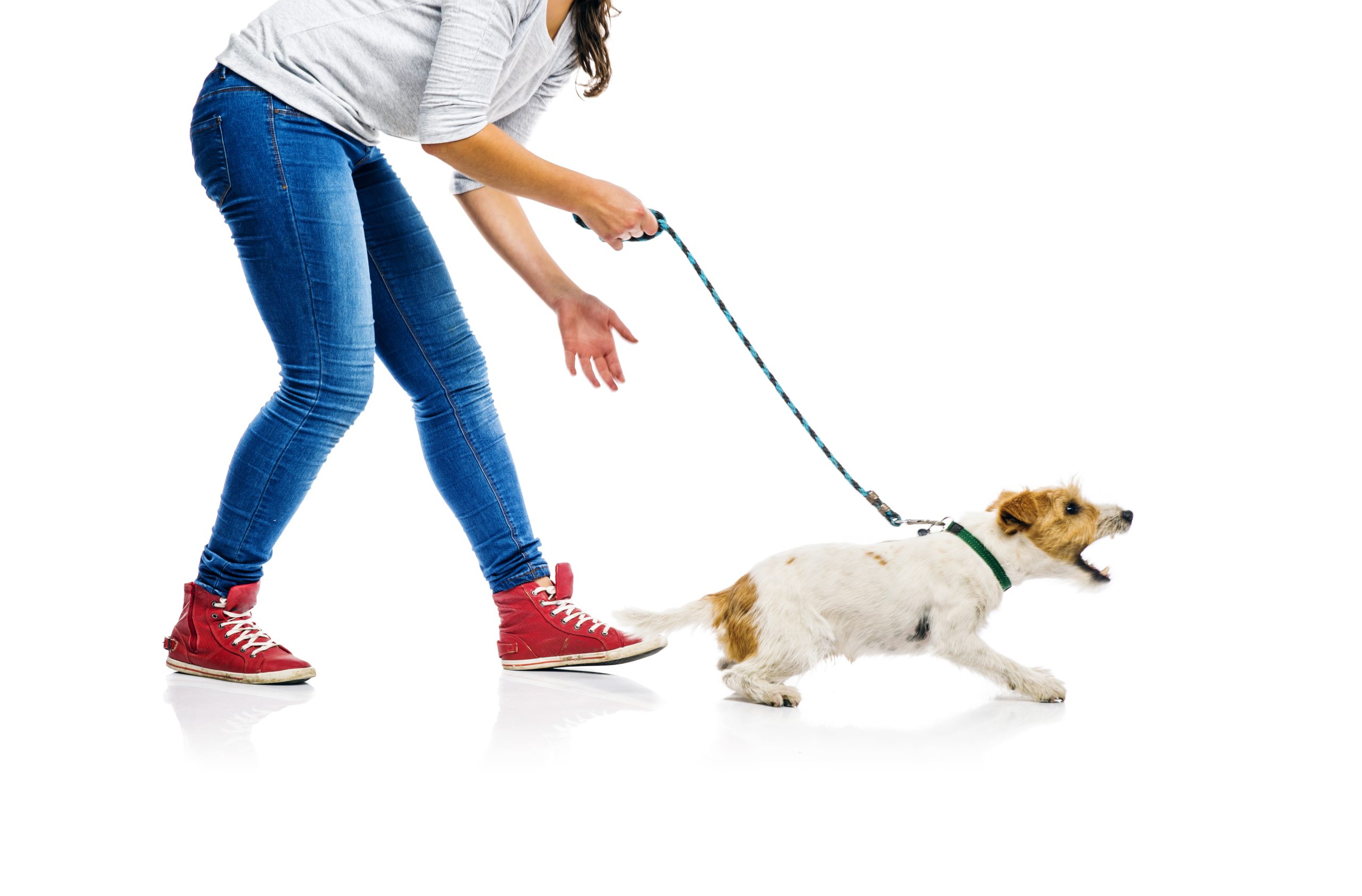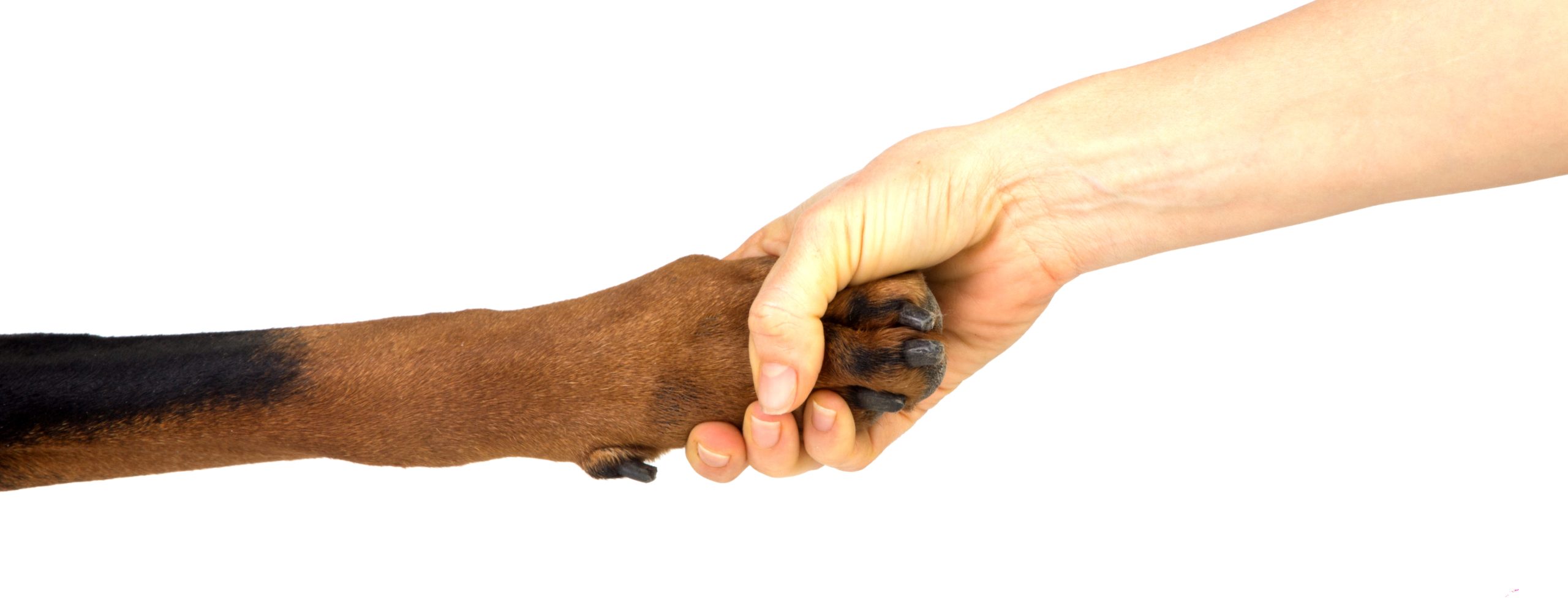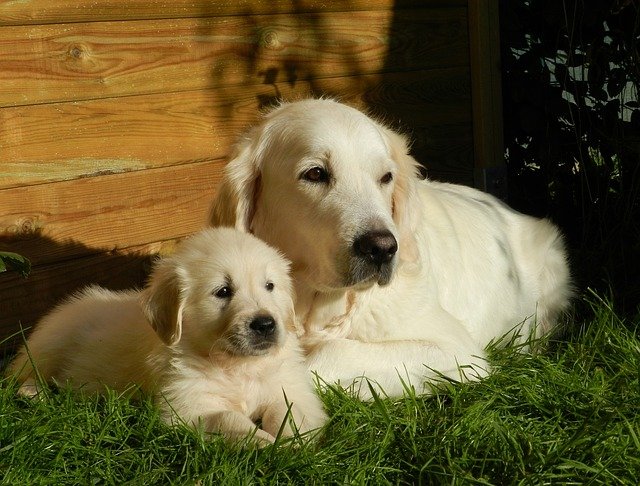Dog training is an essential aspect of owning a dog. It helps to establish boundaries, teaches your furry friend how to behave and makes life easier for both you and your pet. However, there are several frequently asked questions about dog training that many owners have. In this blog post, we will answer some of the most common ones.
When should you train your puppy?
The sooner the better! Puppies are like sponges; they absorb everything around them, including good behaviors. Starting training early can prevent bad habits from developing and make it easier to teach your pup what you want him or her to do.
What is the best way to potty train your puppy?
Potty training is one of the first things you need to teach your new puppy. The key to successful potty training is consistency and patience. You should take your puppy outside every hour, after eating, drinking, playing or waking up from a nap. Reward your pup when he/she goes in the right place with treats or praise. Never scold your puppy for having accidents inside as this may cause fear or anxiety.
What is the best obedience training for my dog?
Obedience training is crucial to ensure that your dog listens to your commands and follows your lead. There are various methods available such as clicker training, positive reinforcement, and leash-correction training. Choose the method that works best for you and your dog while keeping in mind that harsh punishment or physical force is never acceptable.
How many days per week should I train my dog?
Ideally, you should aim to train your dog five to six days a week for at least 15 minutes each session. Consistency is critical since dogs learn through repetition. If possible, try to incorporate training into daily activities such as walking or feeding time. Remember not to overdo it as too much training can be stressful for your pooch.

What is the best puppy training method?
There are numerous puppy training methods available, but the best approach is always positive reinforcement. This involves rewarding desirable behavior with treats, toys, or affection while ignoring unwanted actions. Avoid using physical correction or intimidation tactics as these can harm your relationship with your dog and even lead to aggression.
To wrap up, dog training is vital for a well-behaved and happy dog. By answering these commonly asked questions, we hope you feel more confident and prepared to start training your four-legged companion.

